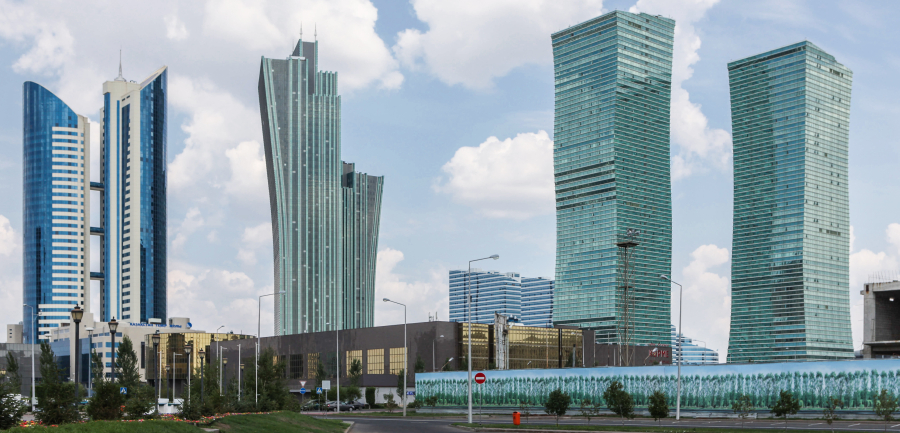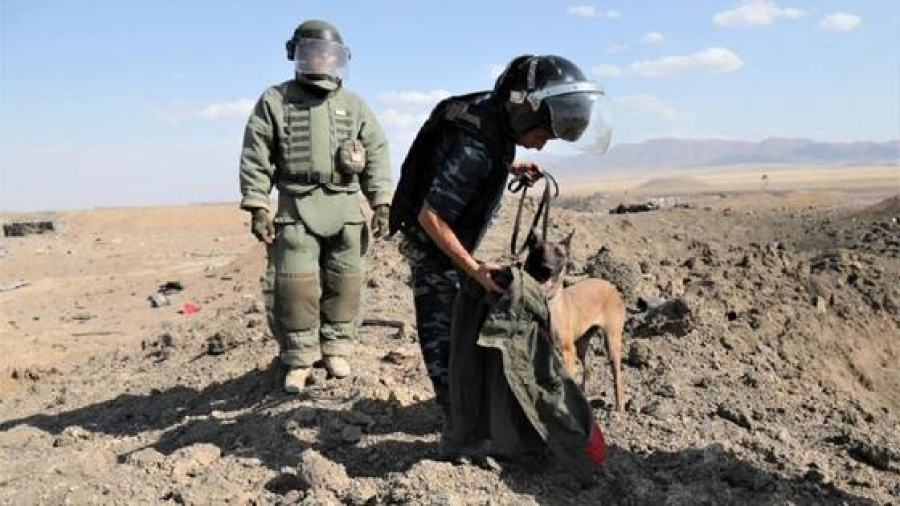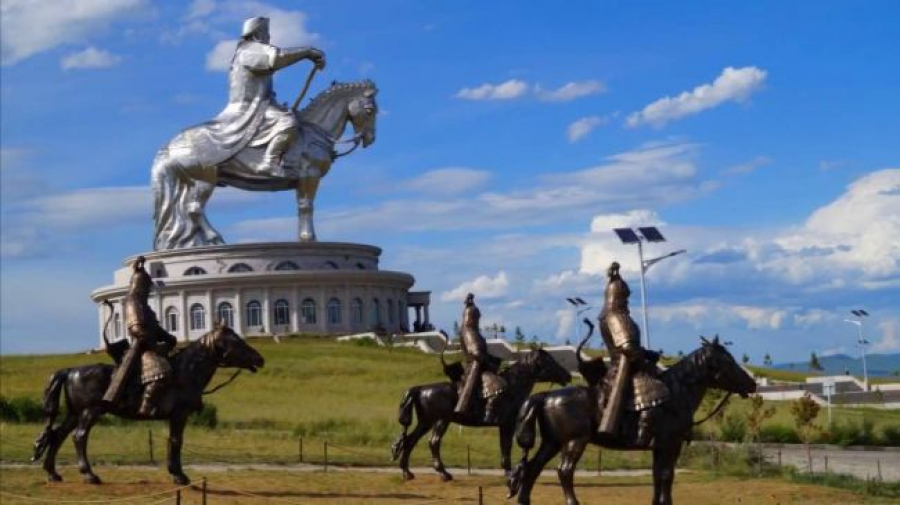
Tightened requirements for developers who build in earthquake-prone regions and a ban on the commissioning of facilities that do not meet seismic safety standards must be introduced in Kazakhstan. This was announced by Kazakh Minister for Emergency Situations Yuri Ilyin at the plenary session of the Mazhilis. The minister presented a report on the bill to ratify the Agreement between the Kazakh Government and the Center for Emergency Situations and Disaster Risk Reduction regarding its operation in Kazakhstan. According to him, over 40 percent of the country’s area is prone to earthquakes. Despite the fact that no destructive disasters have occurred in Kazakhstan over the past century, the recent situation in Turkey has prompted a review of approaches to ensure seismic safety.
“We are proposing the development of an early warning system. What is it about? Knowing the epicenters where earthquakes are likely to hit, it is possible to install earthquake detection sensors in these areas that can automatically transmit signals to the warning systems of cities and towns, alerting the population in case of an earthquake. Some tens of seconds of seismic wave run-up time from the earthquake epicenter to the residential areas can potentially save lives. As regards the norms, Kazakhstan has implemented enhanced design and construction standards in earthquake-prone regions that are currently in effect. It is crucial for design organizations and construction developers to strictly adhere to these standards, as the quality of builders depends on their compliance,” Ilyin said.
It bears noting that over 30 seismic stations will be installed in Almaty by the end of the year at the expense of the local budget. They will help conduct a more detailed analysis of earthquake risks. In addition, according to the Kazakh Emergencies Minister, the ministry is considering the purchase of modern equipment that would allow for an in-depth study of the resilience of buildings and constructions, with the assistance of Japanese experts.









